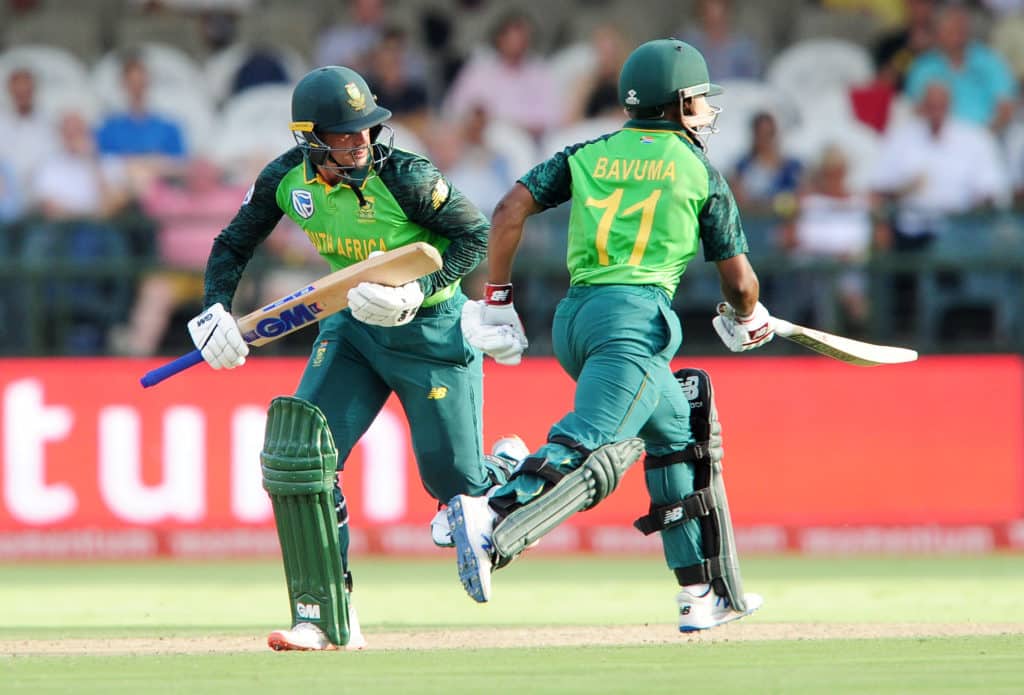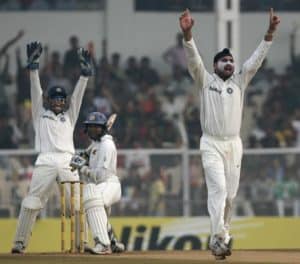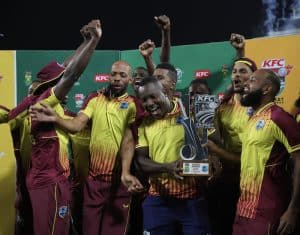Quinton de Kock proved he has the appetite as well the aptitude for the captaincy in the ODIs against England, writes JON CARDINELLI.
An untried and largely inexperienced Proteas combination was not expected to succeed in the three ODIs against England. At the very least, it was hoped that new coach Mark Boucher would receive a few answers as he set about rebuilding the white-ball squad with the mid- and long term in mind.
It was interesting to see Boucher’s comments in the wake of the recent 1-1 series result. The coach applauded new captain Quinton de Kock and others such as Temba Bavuma who had made a significant contribution. He commended the manner in which the players competed against the current world champions.
The Proteas are starting to move in the right direction. It’s still early days in Boucher’s tenure – the former Proteas wicketkeeper was officially appointed on the eve of the Test series against England in mid-December – but it appears as if his style and ideas are starting to take root.
ALSO READ: ‘Off-field stuff might get to De Kock’
De Kock deserves credit for the manner in which he has approached the dual responsibility of skipper and frontline batsman. Gone are the days when senior players of the quality of Hashim Amla, AB de Villiers and Faf du Plessis could take up the fight if De Kock failed to fire at the top of the order. The new-look Proteas are counting on their skipper to produce more innings of substance and, after he scored 107 at Newlands and 69 at the Wanderers, it’s fair to say that he is living up to expectations.
Boucher has lauded De Kock’s captaincy. A few eyebrows were raised after De Kock won the toss in the first ODI and opted to field first. More ODIs are won by the side that bats first at Newlands, and so it was some statement for De Kock to back himself and an inexperienced batting lineup to chase down England’s total. In the end, the Proteas broke the record for the highest chase at Newlands – and did so with seven wickets to spare.
De Kock had some excellent support in the shape of Bavuma. The latter played with confidence and determination, and fell two short of a richly deserved century.
The attitude and application shown by De Kock and Bavuma over the course of a 173-run partnership would have pleased Boucher, who was known and celebrated for his combative nature during his playing days.
BOUCHER: We were below par at Wanderers
De Kock enjoyed less support in the third ODI, though. David Miller blasted a half-century to boost the Proteas beyond 250, yet the final total was ultimately 40 or 50 runs light.
The Proteas have struggled to produce significant totals on a regular basis, even when the aforementioned senior players have been available. Then captain AB de Villiers was one of the best batsmen on show at the 2015 World Cup, yet a collective batting failure had the Proteas struggling to post substantial totals in the big matches. Skipper Faf du Plessis was one of South Africa’s top run-scorers at the 2019 showpiece, yet didn’t receive a great deal of support.
Boucher feels that De Kock has what it takes to juggle the opening- batsman responsibilities, the wicketkeeping duties and the captaincy. It’s a tough ask, though, when there are so few experienced ODI batsmen in the current squad. While Bavuma has emerged as one of the success stories, the likes of Reeza Hendricks and Rassie van der Dussen will need to contribute regularly to ease the pressure on their multi-talented skipper.
COLUMN: All eyes on Quinton as Proteas rebuild
The Proteas must continue to build in the coming T20Is against England. While the latter format demands more urgency and innovation, another well-constructed partnership or three will swing the contest in South Africa’s favour.
Photo: Ryan Wilkisky/BackpagePix





